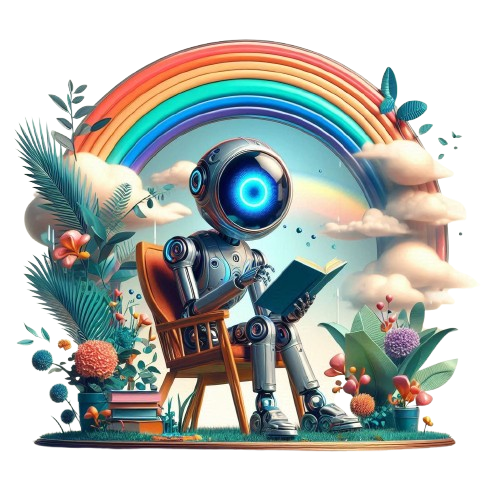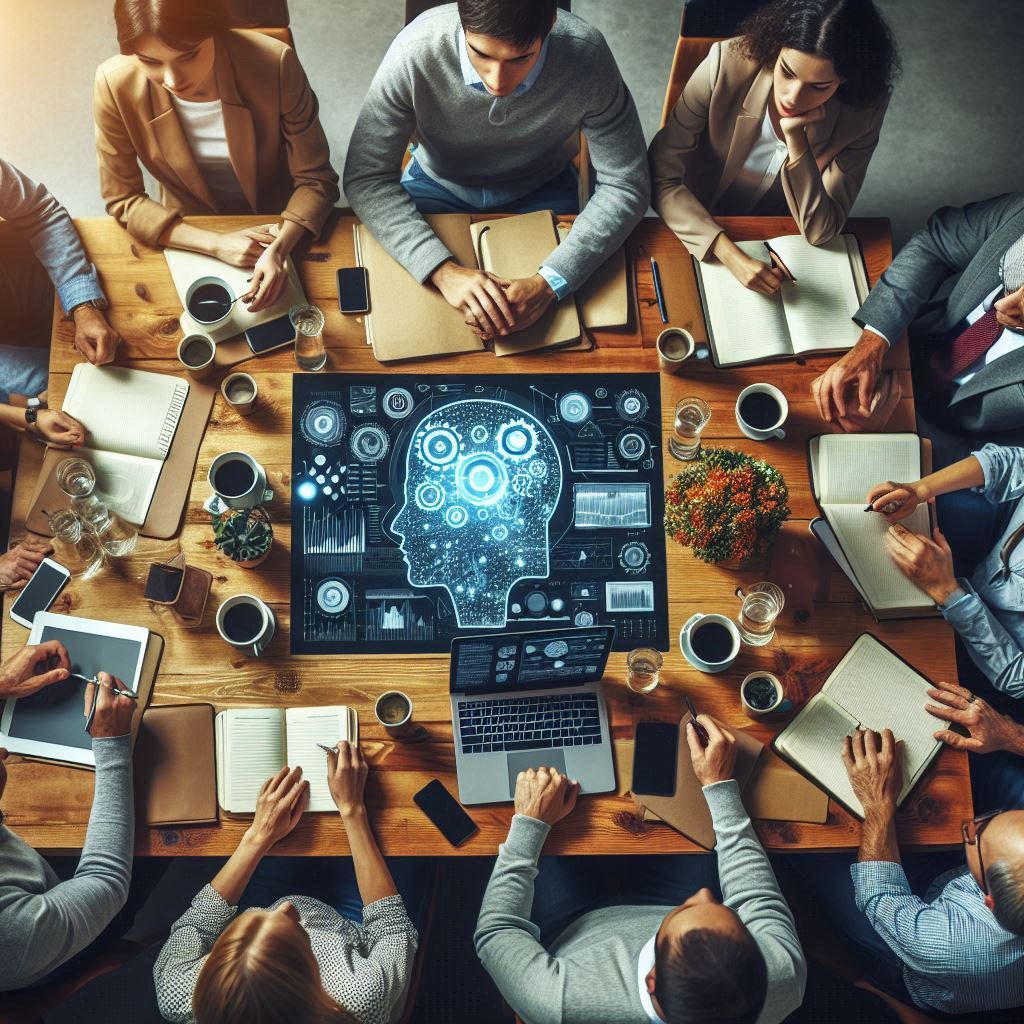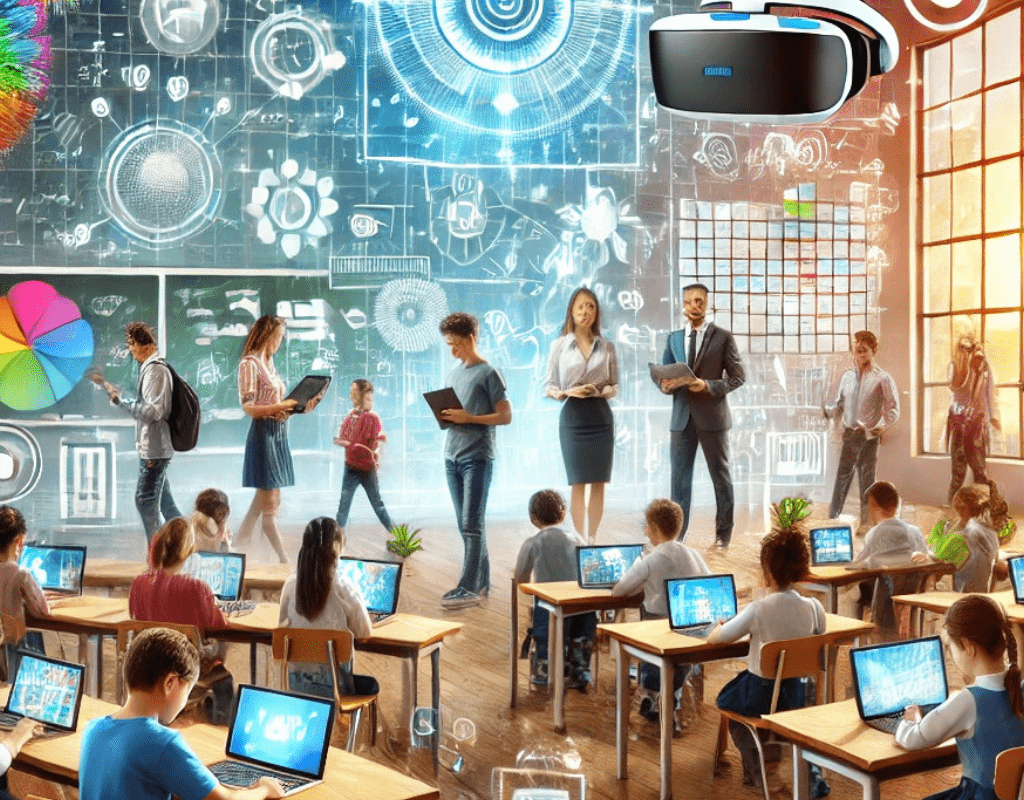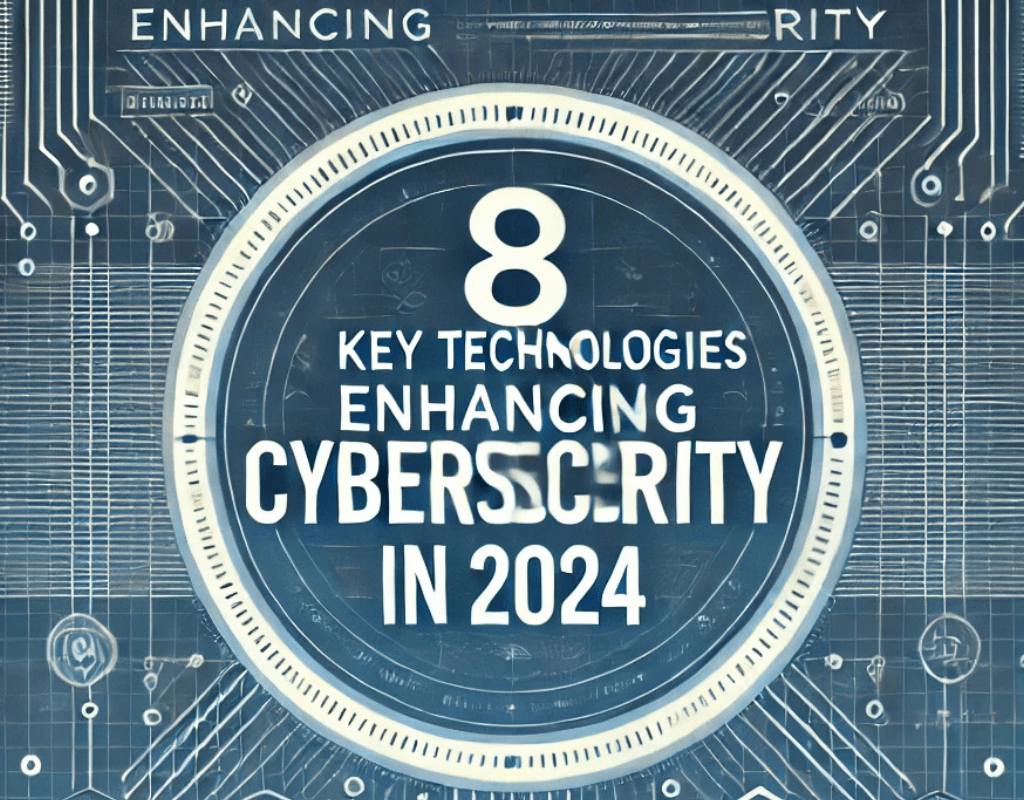As we look towards 2025, the landscape of artificial intelligence continues to evolve rapidly, presenting unprecedented opportunities and significant challenges. One of the primary concerns facing artificial intelligence development is data privacy and security. As AI systems become more integrated into our daily lives, they accumulate vast amounts of personal data, raising concerns about how this information is stored, accessed, and protected from potential breaches.
Another critical challenge is the ethical use of artificial intelligence. With machines making increasingly autonomous decisions, there is a growing need to establish guidelines that ensure AI operates within acceptable moral and societal norms. This includes addressing biases in AI algorithms that can lead to unfair treatment or discrimination.
Moreover, as AI technology advances, there is a widening skills gap. The demand for artificial intelligence professionals outpaces supply, making it difficult for industries to find the talent necessary to drive innovation and maintain AI systems effectively. This shortage calls for investments in education and training to prepare the workforce for AI-driven roles.
Lastly, the integration of artificial intelligence into existing infrastructure poses a technological challenge. Many industries still rely on legacy systems not equipped to support advanced AI applications. Ensuring compatibility and seamless integration is essential to unlocking AI’s full potential.
In summary, while artificial intelligence holds immense promise for shaping the future, overcoming these challenges by 2025 will be crucial for its responsible and equitable implementation. Addressing issues related to privacy, ethics, workforce development, and system integration is essential as we move forward in this new technological era. So, as AI continues to evolve and revolutionise our world, we must prioritise these challenges for a brighter and more sustainable future.
- Additional content: One area that will likely see significant growth in the use of AI in the coming years is healthcare. From assisting with medical diagnoses to streamlining administrative tasks, artificial intelligence has the potential to greatly improve patient care and outcomes. However, this also raises concerns about the ethical use of patient data and ensuring that decisions made by AI systems are in line with medical best practices.
In addition, the rise of autonomous vehicles presents another challenge for artificial intelligence development. While self-driving cars have the potential to reduce accidents caused by human error.
Imagining Tomorrow’s World with AI in Charge

Introduction to AI Setting the Stage
In a world where technology evolves at lightning speed, Artificial Intelligence (AI) is one of the most profound innovations shaping our future. If you’re a blogger or an AI expert, the ongoing evolution of AI is not just of academic interest—it’s crucial to understanding where we’re headed as a society. This blog post will explore the trajectory of AI beyond 2025, examining its potential impacts on industries, ethical considerations, workforce transformations, and more. By the end, you’ll gain a comprehensive view of what the future holds for artificial intelligence and how it might influence every aspect of our lives.
A Recap of AI’s Evolution Until 2025
Before we leap into the future, it’s essential to look back. Artificial intelligence has come a long way from its inception in the mid-20th century. Initially, AI was about creating machines that could simulate human intelligence. Fast-forward to 2025, and we see AI embedded in daily life—from smart home devices to voice assistants. The turning point came as machine learning and deep learning algorithms matured, allowing AI systems to learn from vast datasets, adapt, and make decisions autonomously.
The democratisation of AI tools and platforms also played a crucial role in its widespread adoption. Now, even smaller businesses can leverage AI for various purposes, such as customer service automation and predictive analytics. This era witnessed an unprecedented surge in artificial intelligence research, leading to natural language processing, computer vision, and robotics breakthroughs. These advancements set the stage for AI’s next chapter post-2025, promising even greater integration into our lives.
Innovations like autonomous vehicles, personalised medicine, and AI-driven fintech solutions have already begun to revolutionise their respective fields. The convergence of artificial intelligence with other technologies, such as the Internet of Things (IoT) and blockchain, further augments its capabilities. As we reflect on AI’s evolution up to 2025, it’s evident that we’ve only scratched the surface of its potential.
Predictions for AI Post-2025 Technology and Industry Integration
Looking beyond 2025, AI’s role in technology and industry will amplify further. We anticipate AI becoming more intuitive and human-like in its interactions. Imagine AI systems that can understand emotions, context, and even subtle nuances of human communication. This will significantly enhance user experiences across sectors. In healthcare, AI could take on more sophisticated roles, assisting doctors in diagnosing diseases with increased accuracy and personalising treatment plans based on genetic data.
Industries will witness AI-driven innovations, such as smart manufacturing processes that optimise production efficiency, minimize waste, and enhance product quality. In finance, AI will refine fraud detection systems, offer personalised banking experiences, and manage investment portfolios with greater precision. Education will not be left behind; AI could personalise learning experiences, adapting curricula to meet individual student needs and learning paces.
AI post-2025 will also push boundaries in creativity and design. AI-generated art, music, and literature may become mainstream, challenging traditional notions of creativity. This integration will redefine roles within industries, encouraging a rethink of existing processes and systems. The blend of AI with augmented reality (AR) and virtual reality (VR) will open new avenues for immersive experiences in gaming, entertainment, and training.
The Impact on Various Sectors: Healthcare, Finance, Education, and more

The potential impact of AI on various sectors is monumental. In healthcare, AI could revolutionise diagnostics, making early detection of diseases more accurate and accessible. Imagine AI-powered tools that analyse medical imaging with precision, predicting potential health risks before they manifest. Personalised medicine will take centre stage, where treatments are tailored to individual genetic profiles, enhancing effectiveness and minimising side effects.
In the financial sector, AI is set to elevate fraud prevention, risk management, and customer service. AI algorithms will analyse vast transaction datasets in real time, identifying anomalies and potential threats. This proactive approach will shield businesses and consumers from financial crimes. Furthermore, AI-driven insights will empower investors to make informed decisions, optimising portfolio performance.
Education will experience a radical transformation as AI personalises learning experiences. Adaptive learning platforms will cater to individual student needs, fostering a more engaging and effective education system. AI tutors will provide real-time feedback and support, enhancing student understanding and boosting academic performance. Additionally, AI-driven analytics will offer educators valuable insights into student progress, enabling targeted interventions and improved learning outcomes.
Societal and Ethical Considerations of Advanced AI
As AI continues to advance, societal and ethical considerations come to the forefront. One major concern is the potential for bias in AI algorithms. AI systems learn from data, and if that data is biased, the AI can perpetuate or even amplify those biases, leading to unfair outcomes. It’s crucial to address these concerns through transparent and inclusive AI development processes. Implementing robust checks and balances will ensure AI systems operate ethically and fairly across diverse populations.
Privacy is another significant consideration. AI’s ability to analyse vast amounts of personal data raises concerns about data security and privacy breaches. Striking a balance between data utilisation for AI advancement and safeguarding individual privacy will be paramount. Clear regulations and ethical guidelines must be established to protect users’ rights and ensure responsible AI deployment.
The notion of accountability in AI decision-making is also vital. When AI systems make critical decisions, such as in healthcare or finance, determining accountability becomes complex. Establishing frameworks that assign responsibility and provide recourse in cases of AI error is essential. Ethical AI development will require collaboration between policymakers, industry leaders, and ethicists to ensure AI technology serves humanity positively.
How AI Will Affect Jobs and the Workforce
The integration of AI into various industries will inevitably impact jobs and the workforce. While AI has the potential to automate repetitive tasks, it also creates opportunities for new roles and skill sets. Jobs that involve routine and predictable activities may see increased automation, freeing up human workers to focus on more creative and value-added tasks.
AI will necessitate a shift in the workforce towards more specialised skills. Workers will need to acquire digital literacy and AI fluency to harness the full potential of technology. Upskilling and reskilling programmes will play a critical role in preparing the workforce for the evolving job landscape. Educational institutions and organisations must collaborate to equip individuals with the skills required to thrive in an AI-driven economy.
Despite concerns about job displacement, AI’s integration can lead to enhanced productivity and innovation. By automating mundane tasks, employees can dedicate more time to strategic planning, problem-solving, and innovation. AI-powered tools can augment human capabilities, making work more efficient and fulfilling. The key lies in a balanced approach that combines human creativity with AI-driven efficiency.
The Role of AI in Environmental Sustainability
AI’s potential to drive environmental sustainability is immense. With its ability to analyse vast datasets, AI can optimise resource consumption, reduce waste, and promote eco-friendly practices across industries. Smart grids powered by AI can balance energy supply and demand, minimising energy wastage and reducing carbon emissions.
AI can also play a crucial role in climate modelling and prediction. By analysing climate data, AI systems can offer insights into climate patterns, helping governments and organisations make informed decisions to mitigate climate change impacts. AI-powered drones and sensors can monitor and manage natural resources, enhancing conservation efforts and protecting biodiversity.
Sustainable agriculture is another area where AI can make a difference. AI-driven solutions can optimise irrigation, monitor crop health, and predict pest outbreaks, reducing the need for chemical interventions. This not only boosts agricultural productivity but also minimises the environmental impact of farming practices. AI’s potential to enhance environmental sustainability aligns with global efforts to achieve a greener and more sustainable future.
Challenges and Opportunities in AI Development and Adoption

While AI offers immense potential, it also presents challenges and opportunities for development and adoption. One key challenge is ensuring equitable access to AI technologies. Bridging the digital divide and ensuring that AI benefits reach underserved communities is crucial to prevent exacerbating existing inequalities.
Regulatory frameworks and standards for AI development and deployment are still evolving. Striking a balance between innovation and regulation is essential to foster responsible AI growth. Policymakers must work closely with industry leaders to create guidelines that promote ethical AI use while encouraging innovation and competition.
Collaboration and knowledge-sharing among AI experts, researchers, and practitioners are vital to addressing challenges and advancing AI capabilities. Open-source initiatives and collaborative research projects can accelerate AI development and ensure that progress benefits the global community. The continuous exchange of ideas and expertise will drive AI innovation and foster solutions to complex challenges.
Conclusion: Embracing the Future of AI
As we look to the future, the potential of AI is boundless. AI’s evolution post-2025 promises to reshape industries, enhance quality of life, and address global challenges. However, realising this potential requires a collective commitment to ethical and responsible AI development. By addressing societal and ethical concerns, fostering collaboration, and investing in workforce transformation, we can harness AI for the greater good.
AI’s impact extends beyond technology—it’s a force that will shape the future of humanity. As bloggers and AI experts, you have a unique role in guiding this transformation. By educating, advocating, and innovating, you contribute to a future where AI empowers individuals, organisations, and societies.
Call to Action Engage with Us on the Future of AI
We invite you to join the conversation about the future of AI. Share your thoughts, insights, and experiences in the comments below. How do you envision AI shaping industries and society beyond 2025? What challenges and opportunities do you foresee?
Stay connected with us to explore more thought-provoking articles and discussions on AI’s evolution. Together, let’s unlock the potential of AI to create a brighter, more inclusive, and sustainable future.




